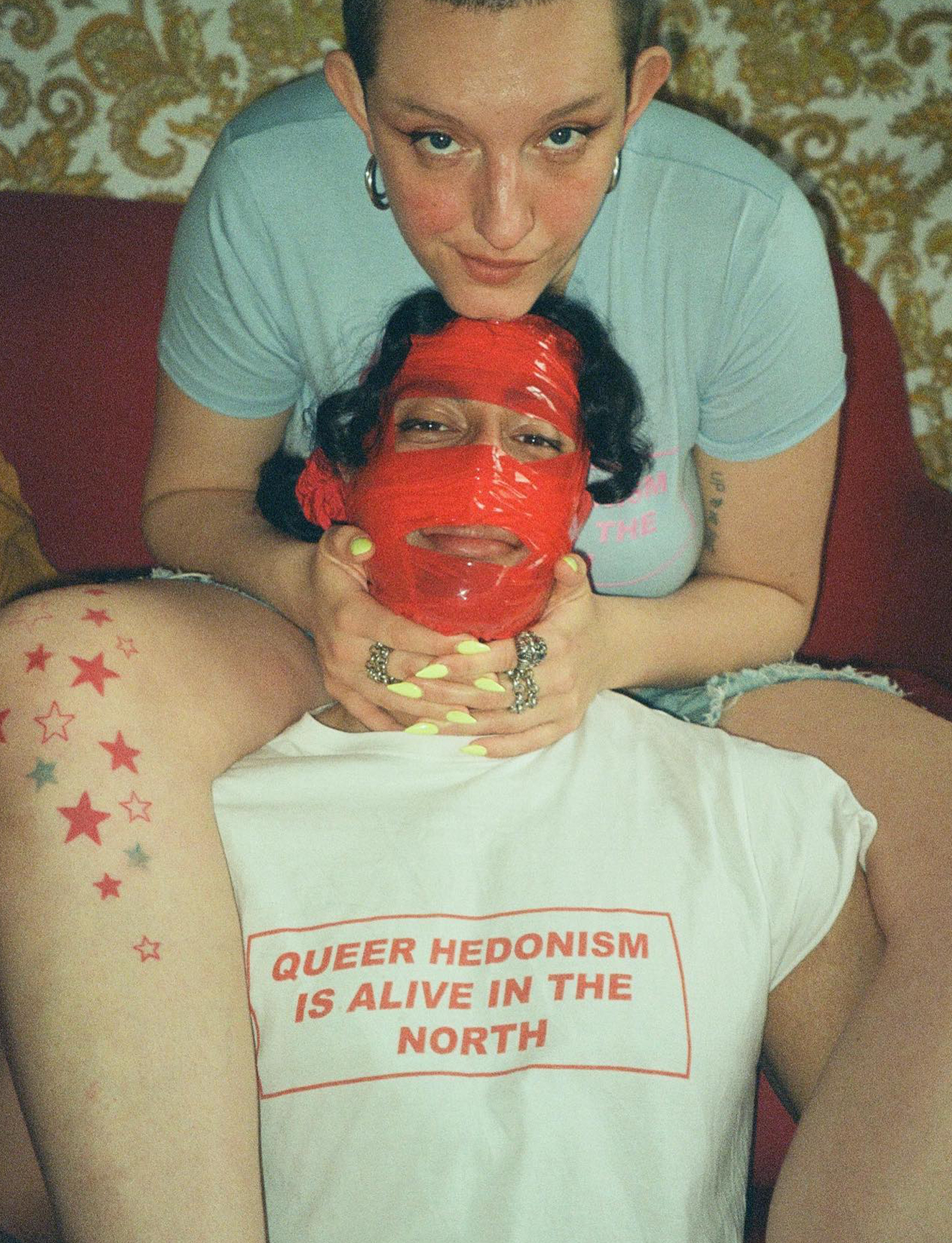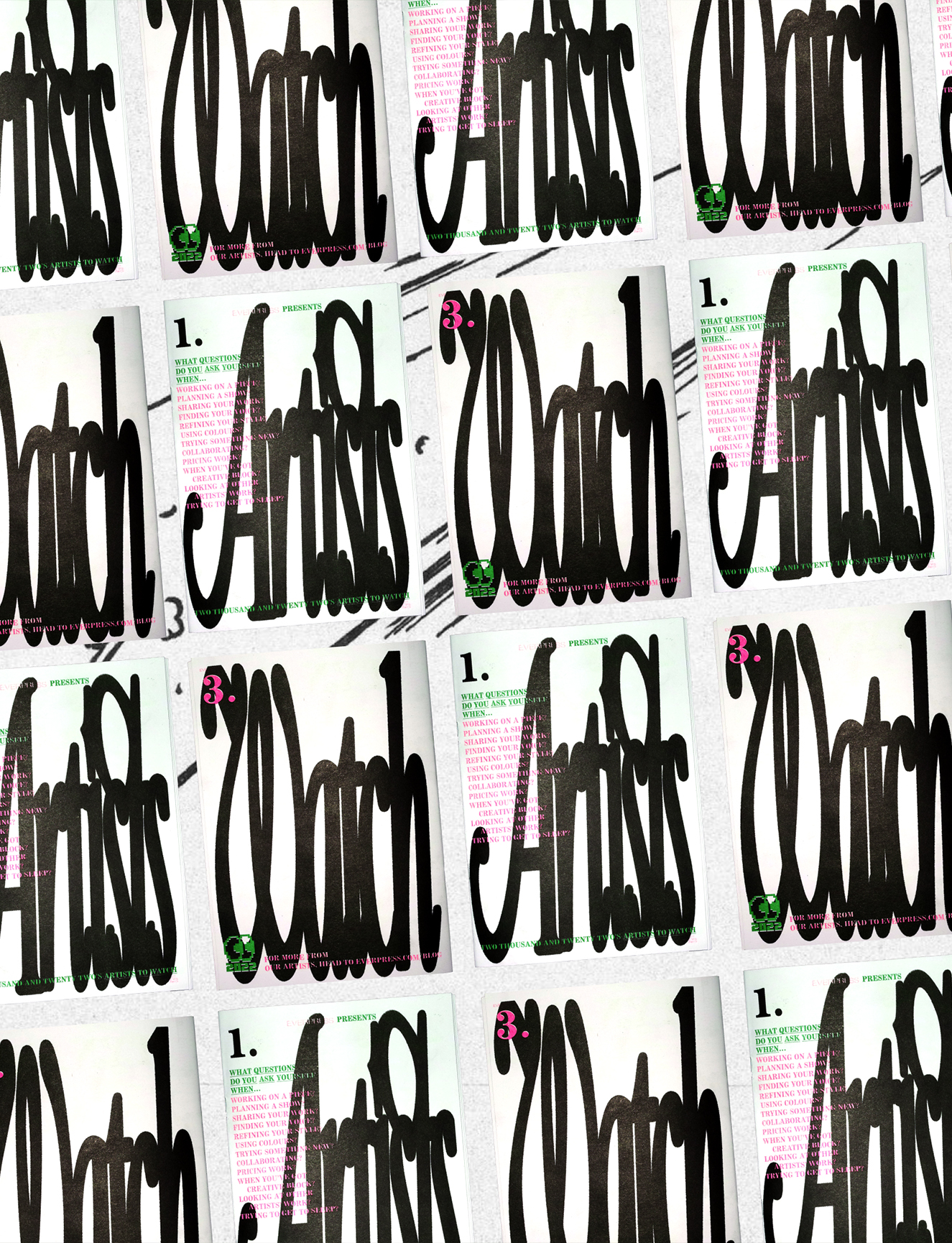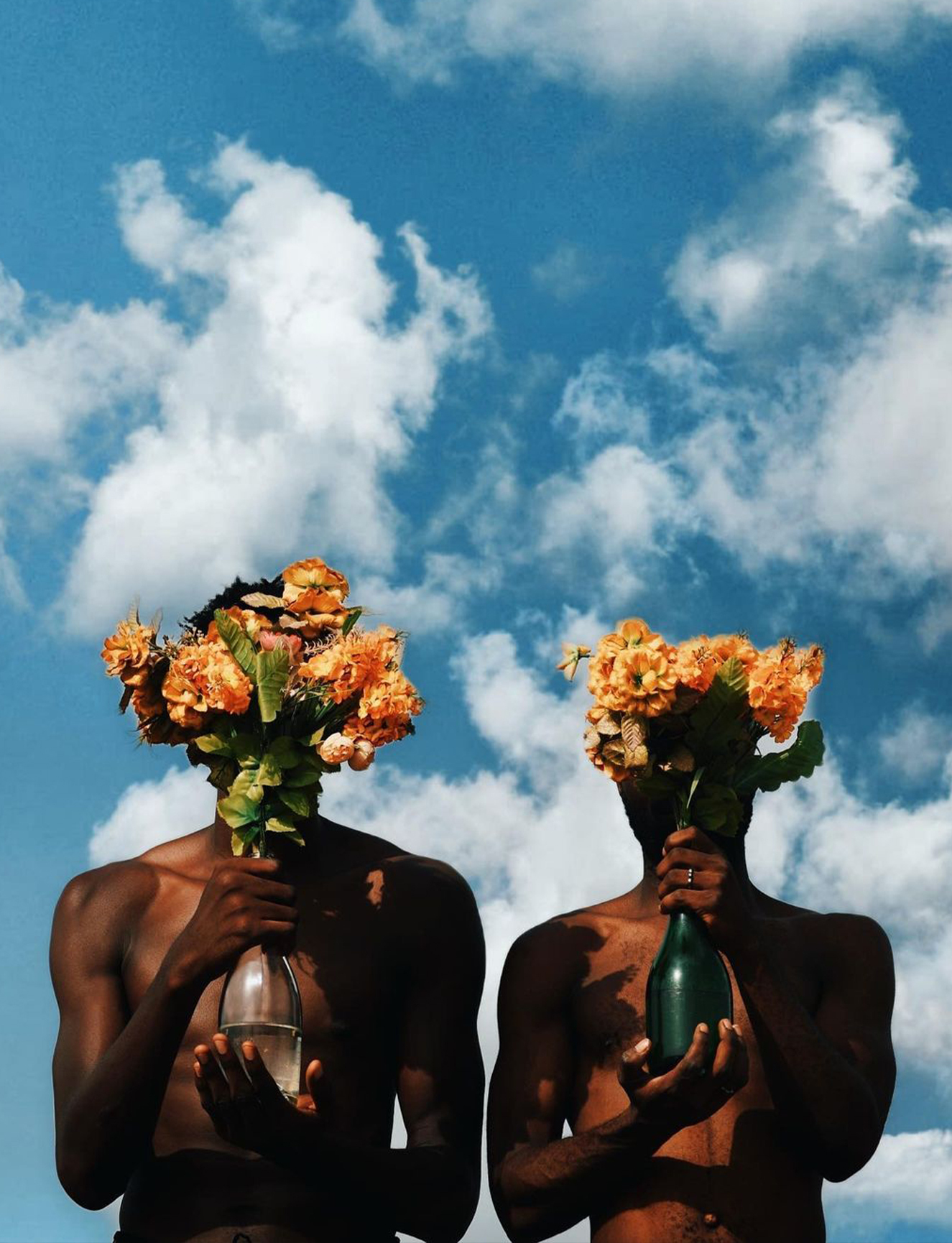What was the inception of Gut Level? What prompted you to start it, and what did you envision for it at the beginning?
Gut Level was created in response to the lack of economically accessible venues available to hire for late night parties in Sheffield. Another driving force was the absence of local queer focused party spaces. In the beginning we just wanted to create an inclusive space for freaks, queers and like minded folk to get together and have fun! This is still our number one priority, however we’ve evolved and as the community has grown we’ve moved beyond exclusively hosting late night events.
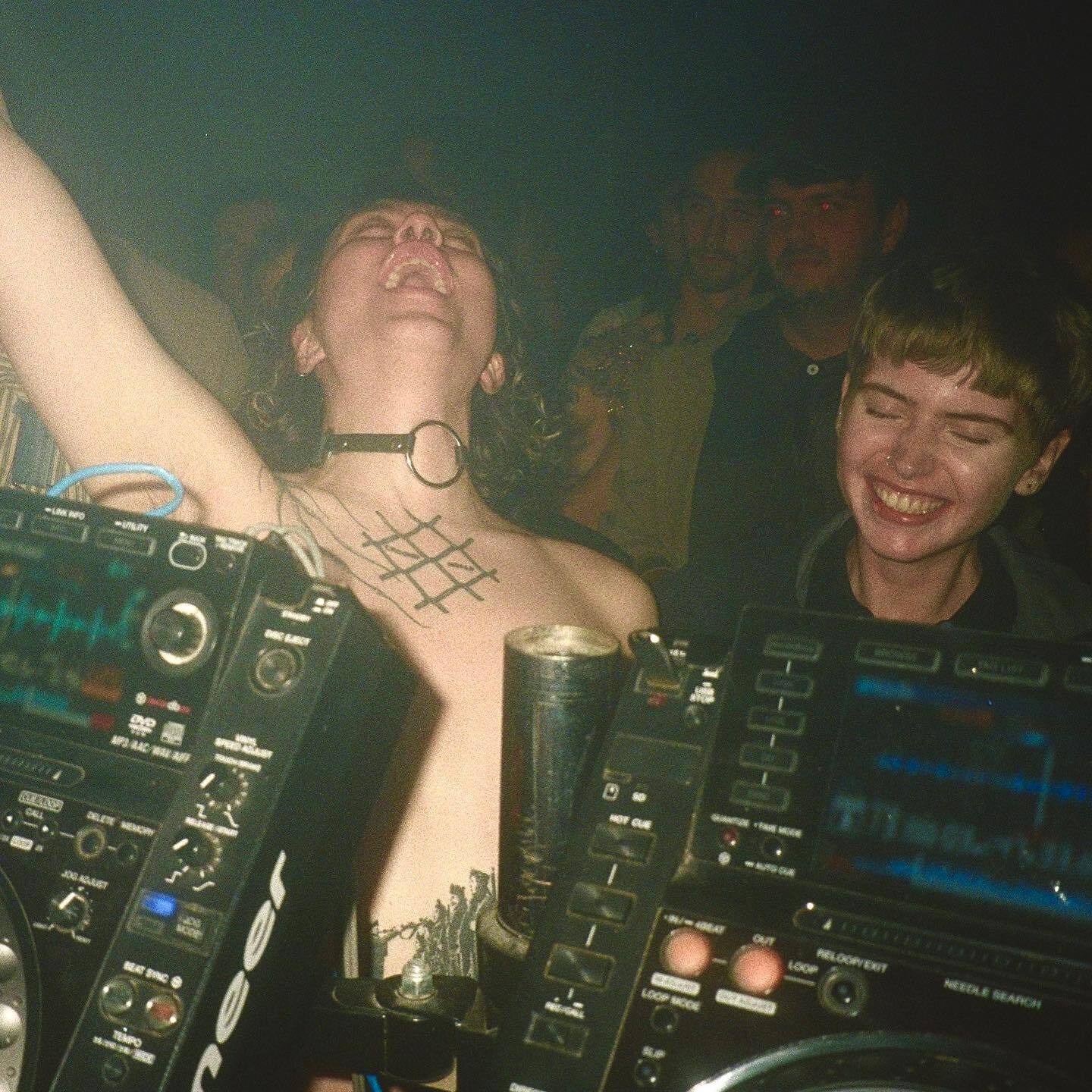
June will see Gut Level feature as part of Resolve Collective’s takeover of The Barbican’s Curve Gallery alongside other collectives from the North. I wanted to first talk about the relationship between London, other regions in England, in particular the north, and creative funding and existence more broadly.
On Instagram you wrote: “We felt this was an opportunity to use some of their seemingly endless resources and budget to show off the sexy DIY scene in the North.” How easy have you found it to work as a creative collective outside of London?
In some ways, existing as a collective outside of London is easier. The ability to find space and get something going without funding is inevitably much more doable due to rent prices being far cheaper up North. However, access to funding can be limited as there’s significantly less money being thrown our way, especially to communities like ours that don’t align with the government’s vision of ‘Arts and Culture’. As an example of this, the organisation set to receive the largest amount of ACE funding during 2023–26 is the Royal Opera House: it was awarded around £22mn of annual funding over the three-year portfolio period. It’s relatively easy (besides all the free labour and being eternally busy) to exist as a small DIY self-funded entity but the opportunity to develop via external funding feels more difficult.
Culture exists everywhere
Capital cities can often act as cultural black holes, where everything culturally significant happens, sometimes at the expense of more regional places. How important do you think it is for artists, designers and creatives to work outside of what we might consider the obvious creative capitals?
Culture exists everywhere and often in greater abundance in regional places, people just don’t have the funds and platform to display it or feel a necessity to label it as ‘art’. Moving to a capital city works for a lot of people as it’s easy to feel alienated in regional areas, particularly for queer folk, but staying and nurturing a community that you deeply care about has been a more rewarding experience for us lot. It’s not our place to say what’s important for creatives to be doing as everyone has a separate journey. There have undeniably been points where one or two of us have seriously considered jumping ship as it’s not perfect staying in the place where you grew up!! But right now we’re all extremely chuffed to have created a haven for weirdos in a city that has previously felt a bit left behind.
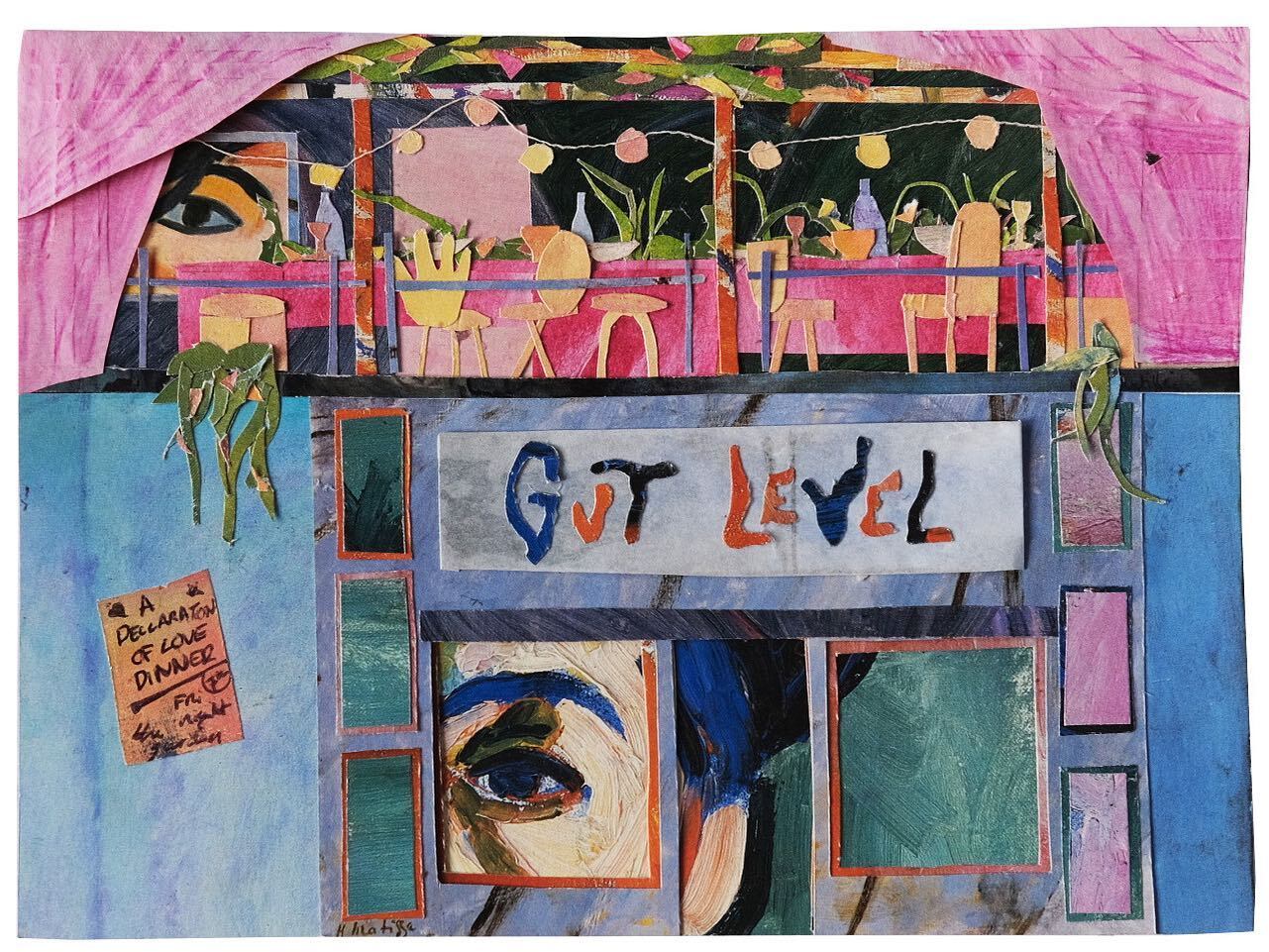
The Barbican takeover will see you join forces with other collectives from the North. What is your relationship with these other collectives, and with Resolve, like? What’s the value of creative collaboration and connection in work like this?
We have known Resolve for a few years now and have so much respect and love for them. Katie, one of the co-founders of Gut Level, met them when they did a project at her previous workplace. They genuinely care about people and the communities they work with, it really shows in everything they do. It’s really important to us that whoever we are collaborating with holds these values!
Some of the collectives we’ve collaborated with in the past, such as Mondo and Partisan. Others are venues that we’ve loved visiting in other cities, but who we’ve never actively reached out to in the past. I think generally speaking venues can be quite siloed and we could get much better at talking with each other, sharing knowledge and working through the challenges that we all face. Hopefully, this is the start of us getting a little bit better at that and forging some solid bonds across the North.
A special shout out to the venues that we wanted to invite but didn’t have enough budget to include, Lubber Fiend in Newcastle and Bonjour in Glasgow. Both doing good shit.
What is the queer creative scene in Sheffield like? Do you think you’ve helped define the scene, or has it shaped Gut, or both?
Before Gut, we ran Club Rush which was established in 2017, this was created as we felt there wasn’t a queer party that appealed to us. There’s one long standing gay bar in Sheffield but besides this there wasn’t much on offer. The local DIY scene overall has had a massive impact on shaping what we do rather than definitively the queer scene (as it wasn’t that prevalent). Particularly Hatch (where Club Rush began) inspired us to make Gut happen, without Sheffield’s DIY community we wouldn’t be doing Gut. There’s way more queer activity going on in Sheffield now, however it’s probably due to the times changing and Sheffield becoming more progressive rather than us specifically shaping a scene.
An inclusivity which prioritises marginalised communities
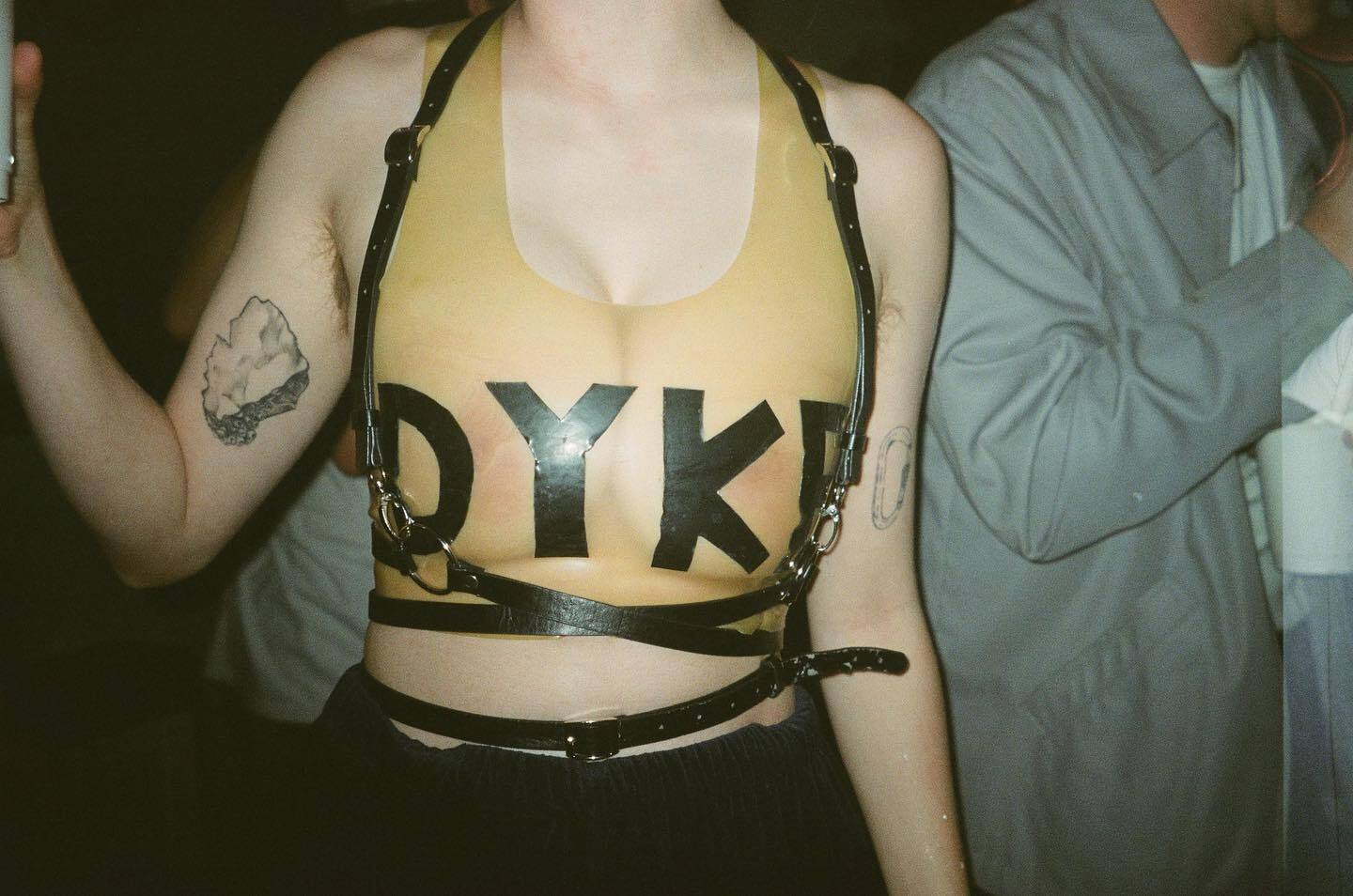
When it comes to carving out a community space of your own, what’s more important; exclusivity or inclusivity? And is there a way of achieving a balance between the two?
Our entire ethos is based on inclusivity, obviously this is an inclusivity which prioritises marginalised communities, however we do not define ourselves as a queer-only space. Even though the founding members are predominantly queer, there’s a large proportion of our wider community and good friends who aren’t, but of course we still want to party and socialise with them! We exist as a member’s club with a safer space policy as we recognise the importance of creating a comfortable atmosphere for everyone and more often than not it’s marginalised folk who will feel vulnerable at homogenised free for all piss up club nights that are dominated by blokey blokes. We want to attract people to our space who care for and respect each other, only people who aren’t into being kind and considerate will get excluded!
You recently evolved slightly, from being a music venue to being a community space and collective. Can you talk a little on the value of club spaces, as both spaces for community, but also spaces which facilitate culture that doesn’t sit within traditional culture spaces?
Club spaces unquestionably serve as atypical community spaces, especially smaller cap venues with a DIY ethos. These spaces allow people to appreciate art and music together, without the night revolving around pulling, getting pissed and unavoidably spending loads of cash.
Moving into our current project space in November last year allowed us to develop the more wholesome side of our activities. Having a bit more time with members in an intimate setting with communal meals, karaoke nights, co-working and various workshops has been really lovely. The community feels like it’s growing stronger and it has felt good to be able to provide space for people who can’t or who don’t necessarily want to be up partying all night.
All of our community activity in our current space has been funded internally on a bit of a shoe string up until now. We were recently awarded some money from the National Lottery Community Fund which has given us a budget to bring in some really exciting people to share their practice with the community. We have had a sound mediation with Kiik Amor, panel discussion on Dancefloors hosted by Emma Warren and we’ve got Ghost Walks, T-shirt and patch making, a gig in a cemetery and loads more running until August (check the website for listings!)
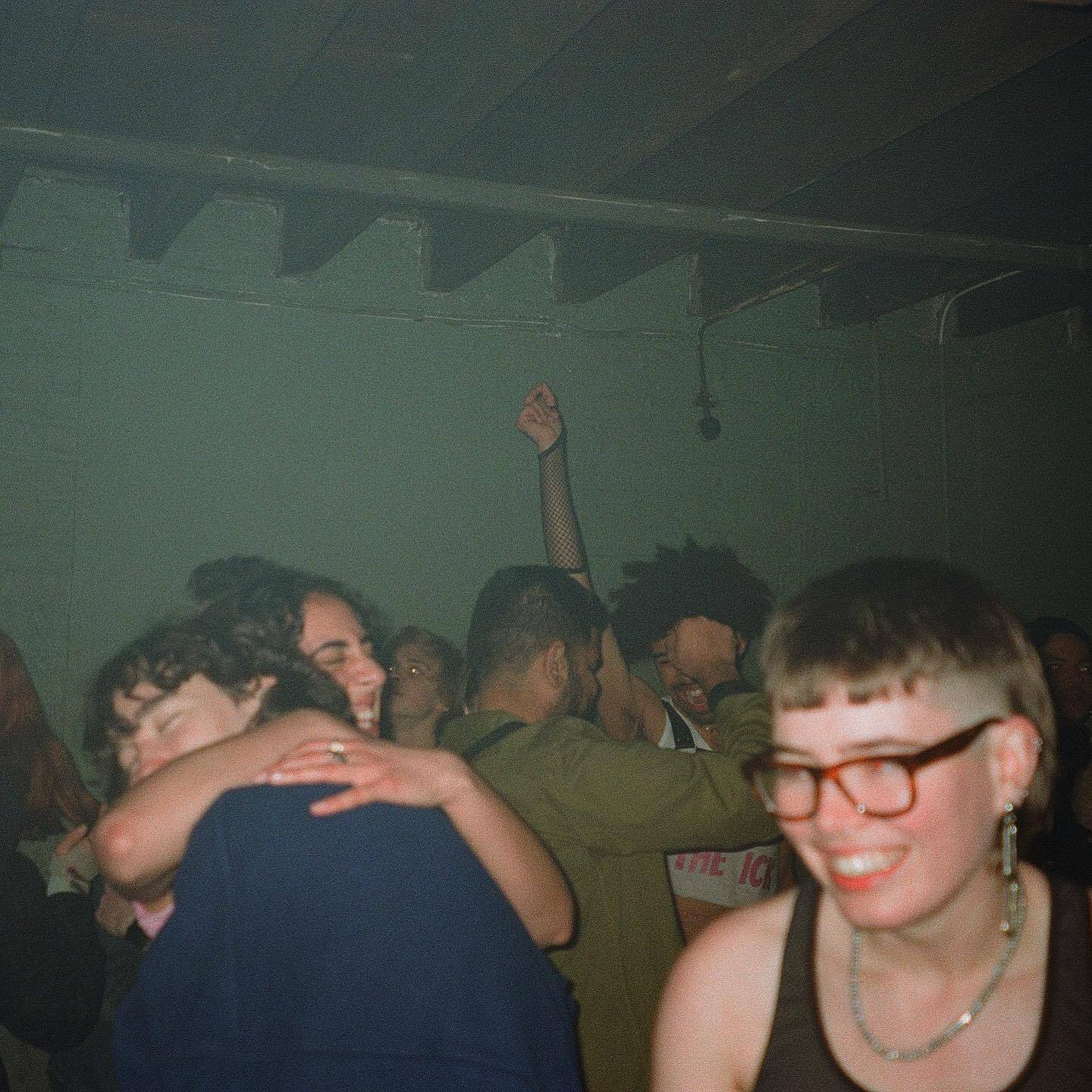
Club spaces serve as atypical community spaces
It’s also been great to be able to give the space to groups within the community to use. There are a lot of people quietly doing amazing things for other people! Some of our regulars include Green New Deal Rising, Anti-raids, Social Pickle, Peak Queer Adventures and Gut Pleaser’s with more and more groups using the space, that you can check out on our website and socials.
The kind of art we platform is probably on the subversive side of culture and potentially isn’t entirely accepted by average everyday Sheffield folk. It’s incredibly crucial for spaces like ours to exist so that local weirdos have a safe place to express themselves and feel comfortable existing in small cities that can be oppressive and dull for odd balls and creatives. There’s an immense value to providing a stage for fellow freaks who want to squirt gravy out their arses, blast pots and pans music or just chow down with each other!
Read More: INFERNO: The Nicest Party In London



